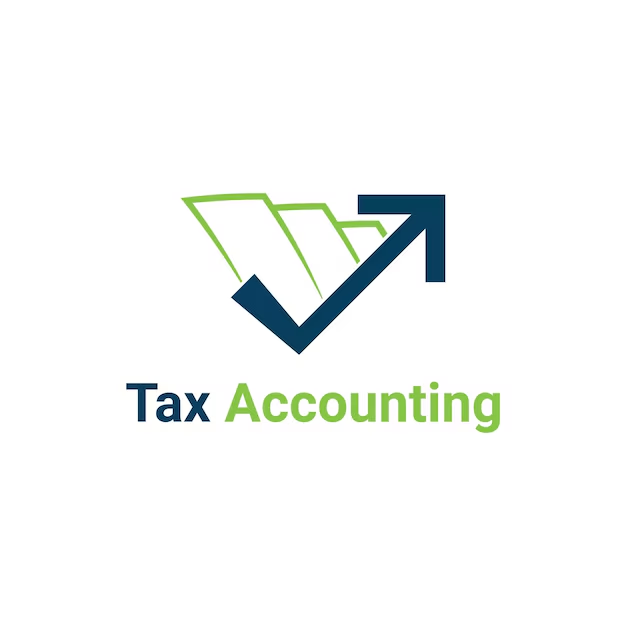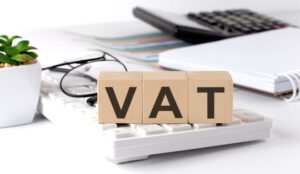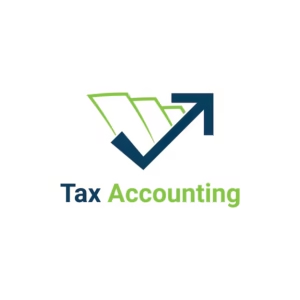Many businesses in the UAE struggle with managing taxes effectively. Missteps in financial records or misunderstanding legal requirements can lead to costly penalties and compliance issues. Without proper tax accounting, companies face inaccurate reports, missed deadlines, and stressful audits. This not only affects cash flow but can also damage business credibility with authorities and clients. A well-structured tax accounting system ensures accurate records, legal compliance, and smooth operations. By understanding how tax accounting works, businesses can plan better, meet obligations, and focus on growth instead of worrying about tax issues. This article will guide you through everything you need to know.
1. What Is Tax Accounting and Why It Matters
Tax accounting focuses on preparing, analyzing, and presenting financial statements for taxation purposes. It differs from general accounting as it strictly follows tax laws rather than standard accounting rules.
For example, tax accounting helps determine how much VAT, excise tax, or corporate tax a business must pay. It ensures that income, expenses, and deductions are calculated in compliance with relevant tax laws.
Without tax accounting, businesses risk overpaying or underpaying taxes, both of which can have legal consequences. It’s a crucial part of business management, especially in regions like the UAE where tax compliance is closely monitored.
2. The Key Objectives of Tax Accounting
The main goals of tax accounting go beyond simple record-keeping:
- Accurate Tax Calculation: Ensures all taxes owed are calculated correctly.
- Compliance: Meets government requirements and avoids penalties.
- Tax Planning: Uses legal allowances to optimize tax payments.
- Transparency: Builds trust with stakeholders and authorities.
For instance, an accurate tax accounting system can help identify deductions for expenses that are legally allowed, reducing your total tax liability while staying compliant.
3. How Tax Accounting Differs from Financial Accounting
While financial accounting aims to provide an overall view of business performance for investors and management, tax accounting serves a legal and regulatory purpose.
- Regulations: Tax accounting follows tax laws, while financial accounting follows International Financial Reporting Standards (IFRS).
- Focus: Tax accounting focuses on taxable income; financial accounting focuses on total income.
- Reporting: Tax accounting reports go to tax authorities; financial reports go to investors, banks, and stakeholders.
Understanding this difference helps businesses allocate resources effectively for compliance and performance evaluation.
4. The Process of Tax Accounting
An effective tax accounting process involves:
- Recording Transactions: Documenting all income and expenses.
- Classifying Items: Determining which transactions are taxable or deductible.
- Calculating Taxable Income: Applying tax rules to determine obligations.
- Filing Returns: Submitting accurate tax reports to authorities.
- Maintaining Records: Keeping documentation for audits or disputes.
Each step requires precision and a clear understanding of the applicable tax laws in your region.
5. Common Mistakes Businesses Make in Tax Accounting
Even experienced businesses make tax accounting mistakes:
- Missing filing deadlines.
- Misclassifying expenses.
- Not updating records regularly.
- Ignoring tax law changes.
For example, failing to record small cash transactions may seem harmless, but it can cause discrepancies during audits. Staying organized and up-to-date helps avoid these issues.
6. The Role of Technology in Tax Accounting
Modern accounting software helps businesses manage tax records efficiently. These tools can:
- Automate calculations.
- Track deadlines.
- Generate tax reports.
- Store records securely.
Using technology reduces human error and ensures compliance, especially for businesses with complex transactions.
7. Tax Accounting in the UAE – Specific Requirements
In the UAE, tax accounting covers several areas, including:
- VAT (Value Added Tax): Standard rate of 5%.
- Corporate Tax: Applicable to certain businesses at specified rates.
- Excise Tax: Applied to specific goods like tobacco and sugary drinks.
Companies must maintain detailed records to comply with the Federal Tax Authority (FTA) regulations. This includes invoices, receipts, and proof of transactions for at least five years.
8. Why Professional Tax Accounting Services Are Worth It
Hiring professionals ensures:
- Compliance with Local Laws
- Accurate Reporting
- Strategic Tax Planning
- Reduced Audit Risk
For example, an experienced accountant can advise on allowable deductions under UAE tax laws, helping reduce liabilities without breaking regulations.
Conclusion
Tax accounting is more than just preparing returns—it’s about ensuring compliance, planning strategically, and protecting your business from penalties. With the right system and expertise, you can manage obligations smoothly and focus on growth.Call to Action: For expert assistance in tax accounting, compliance, and strategic planning, contact Mhtaxationllc today. Our team ensures accurate, compliant, and reliable tax accounting solutions tailored to your business needs.







